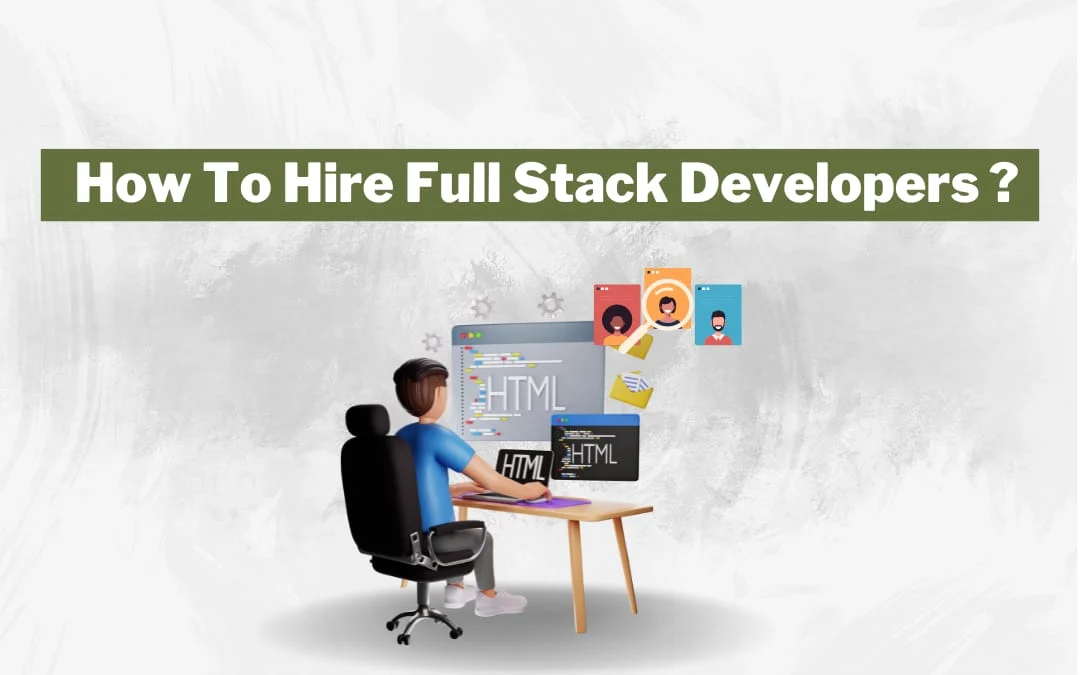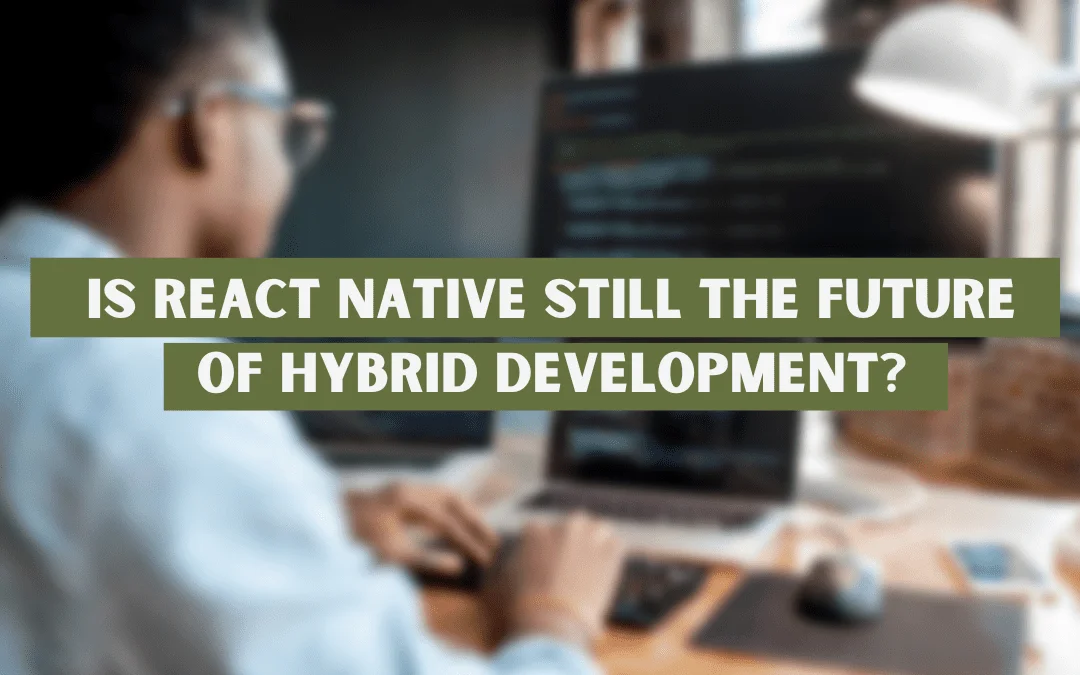There are several areas in the software development domain such as back–end, front-end, mobile app development, website development, testing, etc. Practically, small businesses or startups do not prefer hiring separate field experts. They prefer full-stack developers to take care of all the software development tasks. They are considered all-rounders when it comes to programming. As a result, they can juggle multiple technical things from development to testing to deployment. According to the study from Indeed, demand for full-stack developers has grown by 206% in the USA from 2015 to 2018.
What is a Full Stack Development?
Full stack development can be understood based on the two main components – Front – end and Back – end development. The Front –end is everything that the users see and interact with. In contrast, the back end refers to the server side responsible for the logic and processing of the user interaction of the application. Together, both these components create the skill set known as the full–stack development.
As a result, based on the different development capabilities and technological stack the full-stack developers are classified as –
● MEAN stack developer
● MERN stack developer
● LAMP stack developer
● LEMP stack developer
● Django stack developer
● Ruby on Rails (ROR) stack developer
Essential Skills For A Full-Stack Developer
To hire a full–stack developer a combination of certain skills is required to properly fulfill the duties of a full–stack developer.
Front–End Skills
The Front – end skills require the expertise of some popular tech stacks comprising JavaScript (+ HTML and CSS), Libraries, such as jQuery, React.js, and Backbone.js, SASS Meta language, and LESS style sheet language. Furthermore, frameworks, such as Angular.js/Angular, Vue.js, and Bootstrap along with an understanding of DOM, AJAX, and JSON technologies.
Back–End Skills
To be a full–stack developer it isn’t important to master back-end language, what matters more here is the platform. Like Java platform uses several programming languages like Scala, Kotlin, and Java. However, they all are executed in JVM (Java Virtual Machine).
To be an expert in Node.js, Express.js, and Nest .js, the developer shall we well- versed with package managers for JavaScript, Web Sockets, and REST API. The OS Linux, Nginx web server, and cloud services are suitable for Python. Similarly, for PHP full stack the framework Yii2, Symfony, Laravel, etc. are suitable for PHP framework.
Git and GitHub
Git which is the distributed version control system allows developers to handle every step involved in the software development process. Git provides better bug fixing and tracking efficiency when compared to other control systems. This platform allows full–stack web developers to work and manage multiple projects simultaneously. Furthermore, it creates a hub for interaction and communication with other developers making it the ideal platform.
Designing Skills
The full–stack developers shall hold a fundamental design strategy for creating attractive and user-friendly websites. As a result, such developers shall be well–versed in UI/UX design and its essential prototypes.
HTTP and REST
The Hypertext Transfer Protocol (HTTP) is one fundamental for transferring data on the Internet making everyday interaction on the Internet effectively. It also facilitates communication between web servers and web clients through requests and responses. Alongside, Representative State Transfer (REST) which is an architectural standard makes it easy for computer systems to facilitate communication and collect data while performing various operations. This architectural platform bridges the communication between front–end and back-end development processes.
Web Storage and Databases
SQL which is relational and NoSQL which is non-relational services are the two main types of databases and MongoDB is the widely used NoSQL database service used. Since most websites require a database to store application data. Therefore, the full-stack developers shall be well-versed in writing queries and calling up the right data on the website.
Non – Technical Skills
While hiring the full–stack developer it is important to focus on some of the key soft skills such as analytical mindset, patience level, attention to detail, passion for learning, creative vision, and discipline.
How To Hire Full – Stack Developers?
Hiring the full – stack developers off-shore has become extremely convenient. Businesses across the globe can hire full–stack developers with the desired skill set for their projects. All you need to do is visit www.centrelocus.com, the full–fledged software development company serving clients across the USA, UK, Canada, and UAE, and contact the team.
Discuss the project goals with the manager
Upon contacting the company you will be connected to the manager with whom you can discuss the project requirements and expectations. Thereupon, based on the skill set and talent pool of the company, the manager will schedule a call with their respective developer.
Conduct interview
After sending the list of developers to the client the manager acts as the bridge to establish interviews and meetings between the client and the developers. This helps clients (businesses) to determine the development capabilities of the person and find their suitability for the project. Upon interviewing and finalizing the client businesses can start organizing work activities and signing contracts.
Final Words
As per the Bureau of Labor Statistics, the vacancies for web developers are forecasted to grow by 8% and 22% for software developers between 2019 to 2029. The demand for qualified full–stack developers is increasing drastically. As a result, the process of selecting potential candidates is a task in itself. Thus, it is wise to hire full–stack developers from an experienced company that conducts a rigorous hiring process for including developers in their team.





